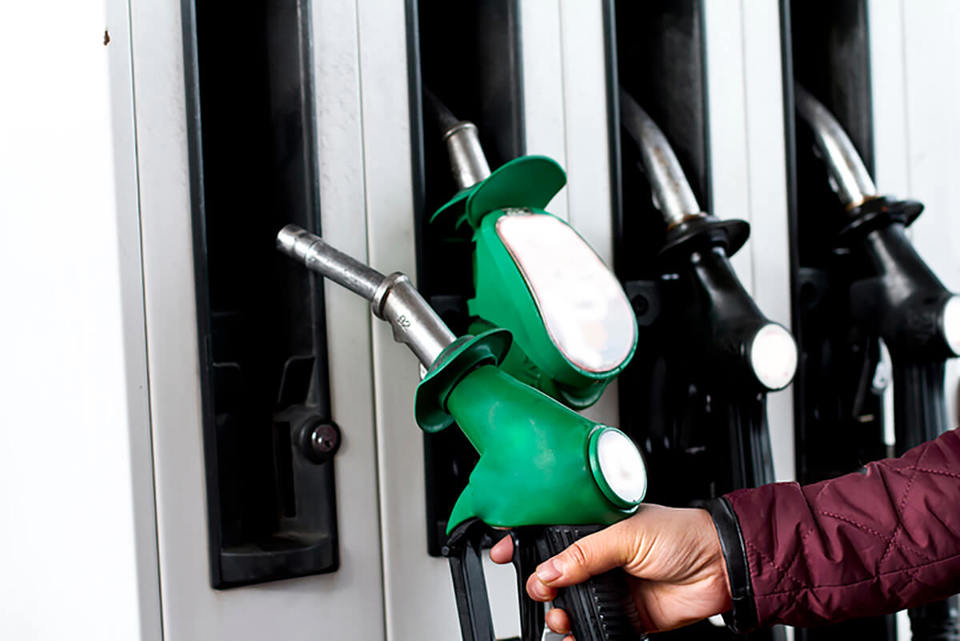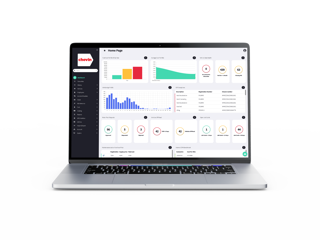Depreciation will still be the biggest enemy for fleets in tackling running costs, despite fuel costs increasing, according to research by Fleet News.
Recent reports that fuel costs are set to overtake depreciation as the largest component of running costs are true, but only on a limited number of models, mainly smaller cars that are unlikely in real-world use to cover 20,000 miles a year.
Some cars already have higher fuel costs than depreciation over three-years/60,000-miles.
As fuel prices rise, so will the number of cars where fuel is likely to become dearer than the deficit between cost new and resale value, a view backed up by leading market analysts.
CAP’s Mark Norman said: “There are actually quite a few cars where fuel costs are expected to exceed depreciation, but they are almost exclusively smaller, low-depreciating, lower-specification, petrol models that are not especially attractive to fleet and unlikely to do 60,000 miles over 36 months.”
Running costs are the overall costs of the fleet vehicle including service, maintenance and repair (SMR), depreciation and fuel costs.
Over the course of the term, whether a fleet runs a replacement cycle or a company has contract hire leasing agreements, the vehicles will be costing the business money and effective management of these costs can effectively save companies thousands of pounds every year.
Wholelife costs also take into account fleet taxes, including the outright tax charged on the price of the vehicle, road tax, CO2 emissions, VAT recovery and corporation tax.
Rising pump prices have already added more than £100,000 to the yearly cost of running a 500-car fleet since January last year (Fleet News, March 17), which has brought the debate to the fore.
Neville Briggs, managing director at CFC Solutions, explained: “Depreciation has been by far the highest cost in company cars since anyone seriously started measuring wholelife costs on a pence-per-mile basis in the 1970s.
"Being overtaken by fuel would represent a complete change in fleet economics and could cause a paradigm shift in fleet management thinking.”
However, fleets are already acutely aware of the crippling cost of fuel and are taking measures to mitigate the burden on budgets.
Reducing fuel usage through better journey planning and improved driving techniques is already employed by a growing number of fleets.
Fleet management consultant Professor Colin Tourick said: “Fuel bills are hideously expensive and are likely to rise.
“But clever fleet managers already know how to reduce fuel costs by more than 15%.”
Tourick suggests reducing the mileage being driven by finding better ways of working, such as video-conferencing, public transport and reducing off-site meetings.
In addition, fleet managers can change drivers’ attitudes to accelerating and braking through driver training, better road awareness, use of telematics systems that measure G-forces and publishing internal mpg league tables, as well as choosing cars that are lighter and more fuel-efficient.























Login to comment
Comments
No comments have been made yet.